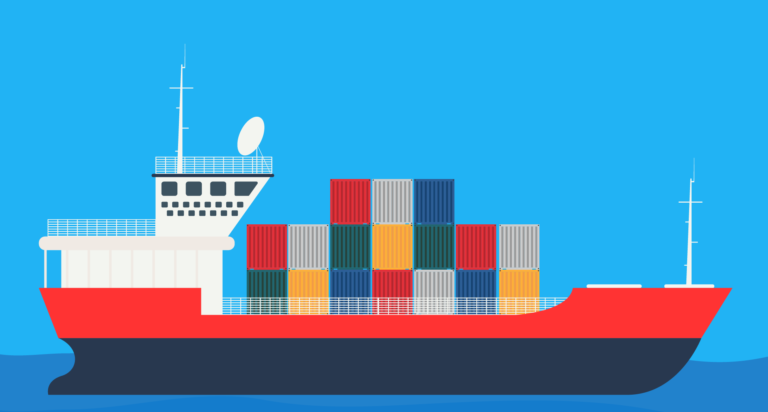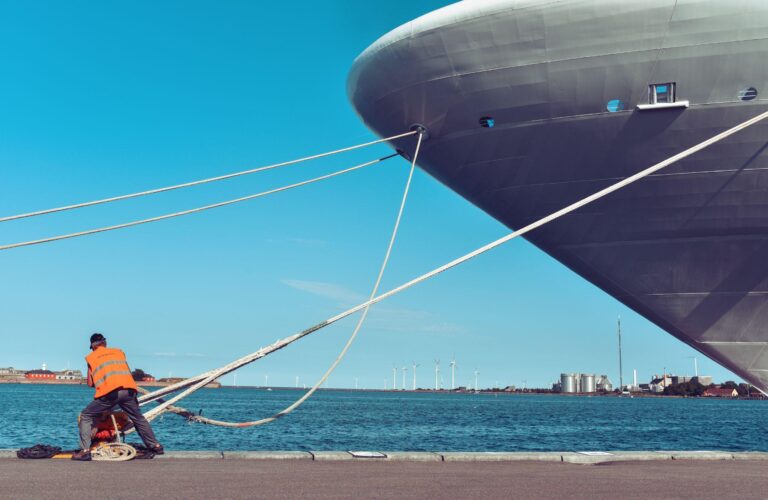The Duck Boat accident on Missouri’s Table Rock Lake and the Deepwater Horizon explosion in the Gulf of Mexico are two of the most memorable maritime accidents in recent history.
Seventeen passengers lost their lives in the Duck Boat tragedy, while 11 workers died after the Deepwater Horizon oil rig exploded. The Deepwater incident became the largest oil spill in the history of marine oil drilling operations.
While most incidents aren’t this dramatic, maritime accidents can have serious consequences for individuals and their families. Maritime laws may offer some relief, but they’re complicated.
That’s why if you’ve been injured on the water or have a grievance, it’s crucial to seek out a seasoned maritime lawyer, like the attorneys at Schechter, Shaffer and Harris, L.L.P.
Read on to learn about maritime law and when it applies.
What Is Maritime Law?
Maritime law, also called admiralty law, is often called “law of the sea.” In fact, it’s a group of laws that includes the Jones Act, Death on the High Seas Act, Maintenance and Cure, and several others. Maritime law pertains to incidents that occur at sea or in “navigable waters” (e.g., lakes, rivers, and wetlands) of the United States.
When Does Maritime Law Apply?
Maritime laws are much different from those that pertain to land-based activities. One reason is that when an accident happens at sea or on a lake, river or other inland water body, the court must decide if the waters are “navigable” and which jurisdiction applies. These things aren’t always clear cut.

Here are a few examples of situations where maritime law might apply:
- Commercial accidents that result in seaman injuries and/or damage to vessels and cargo
- Recreational boating accidents
- Piracy and criminal activity on ocean vessels
- Injuries on a jet ski or fishing boat
- Insurance claims for ships or cargo
Whether a case is heard in federal court or state court depends on the circumstances. For example, cases involving property disputes are always heard in federal court, while cases involving personal injury or product liability may be heard in federal and/or state court.
Here are some examples of how different maritime laws and remedies protect people at sea or in navigable waters:
The Jones Act
This law provides remedies to seamen injured while working on a vessel. Some examples of possible Jones Act claims include situations where an employer fails to provide a safe place to work or adequate medical care or fails to rescue or search for a seaman who falls or jumps overboard.
Maintenance and Cure
These are long-standing maritime remedies for seamen who are injured while in the service of a ship or vessel. Maintenance consists of weekly checks (usually $15-$30 per day) an employer must pay Jones Act workers when regular pay stops because of an injury or disease. Cure refers to payment of reasonable medical expenses during a seaman’s time of recovery. Maintenance and cure are paid out in addition to what you can recover for negligence or unseaworthiness.
Death on the High Seas Act (DOHSA)
When a seaman dies because of an employer’s negligence or because of an unseaworthy vessel, the worker’s family may file for benefits under the Death on the High Seas Act (DOHSA). A DOHSA suit must be filed within three years from the date of the seaman’s death.
Don’t Settle for Less Than an Expert Maritime Attorney
If you’ve been injured on the water, having a maritime law attorney is crucial. The attorneys at Schechter, Shaffer and Harris, L.L.P. have decades of combined experience. Don’t settle for less than an expert in maritime laws and regulations—contact our office today at 800-836-5830.







